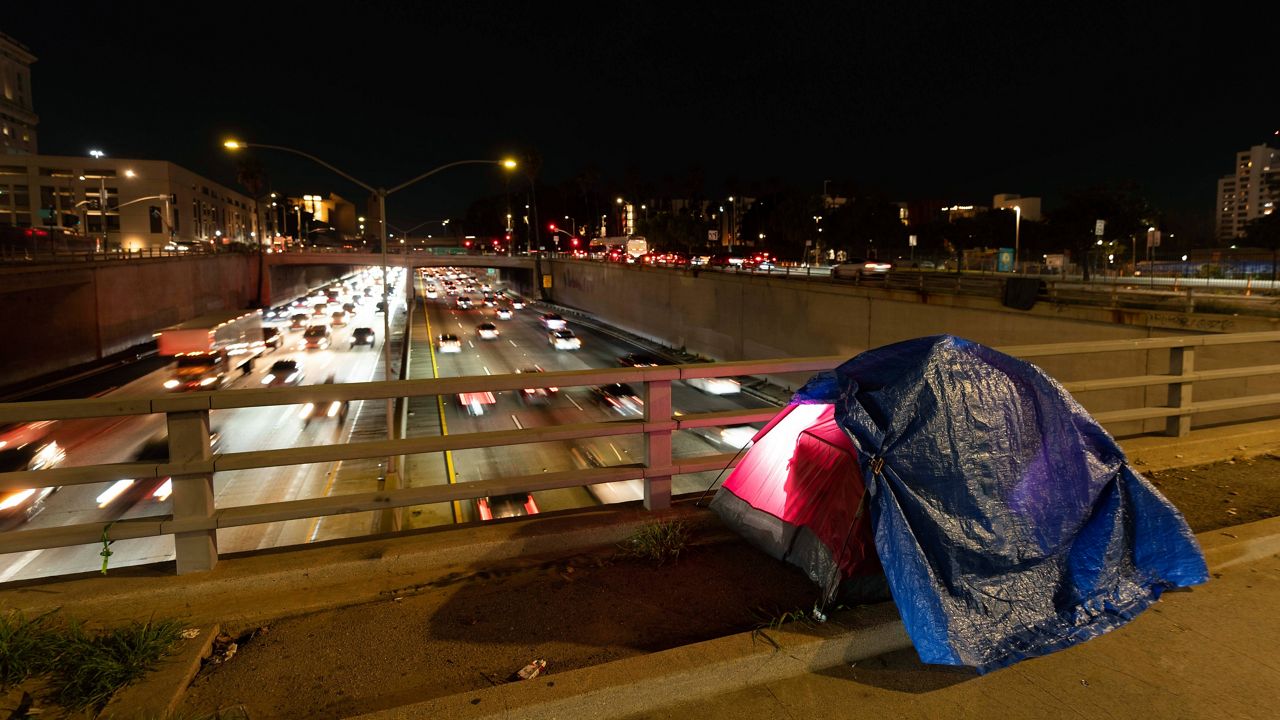The United States experienced a dramatic 12% increase in homelessness as soaring rents and a decline in coronavirus pandemic assistance combined to put housing out of reach for more Americans, federal officials said Friday.
What You Need To Know
- The United States has experienced a dramatic 12% increase in homelessness
- Federal officials Friday said soaring rents and a winding down of coronavirus pandemic assistance combined to put housing out of reach for more Americans
- Numbers in the January count were up across the board compared to January 2022
- About 653,000 people were homeless, the most since the country began using the yearly point-in-time survey in 2007
About 653,000 people were experiencing homelessness during the January snapshot. That's the highest number since the country began using the yearly point-in-time survey in 2007 to count the homeless population. The total represents an increase of about 70,650 homeless people compared to January 2022.
The latest estimate also indicated that people becoming homeless for the first time were behind much of the increase, and it ended a downward trend in family homelessness that began in 2012.
"This data underscores the urgent need for support for proven solutions and strategies that help people quickly exit homelessness and that prevent homelessness in the first place," House and Urban Development Secretary Marcia Fudge said in a prepared statement.
The U.S. had been making steady progress until recent years in reducing the homeless population as the government focused particularly on increasing investments to get veterans into housing. The number of homeless people dropped from about 637,000 in 2010 to about 554,000 in 2017.
The numbers ticked up to about 580,000 in the 2020 count and held relatively steady over the next two years as Congress responded to the COVID-19 pandemic with emergency rental assistance, stimulus payments, aid to states and local governments and a temporary eviction moratorium.
Jeff Olivet, executive director of the U.S. Interagency Council on Homelessness, a federal agency, said the extra assistance "held off the rise in homelessness that we are now seeing,"
"While numerous factors drive homelessness, the most significant causes are the shortage of affordable homes and the high cost of housing that have left many Americans living paycheck to paycheck and one crisis away from homelessness," Olivet said.
Within the overall rise, homelessness among individuals rose by nearly 11%, among veterans by 7.4% and among families with children by 15.5%.
People who identify as Black make up just 13% of the U.S. population, but comprised 37% of all people experiencing homelessness. And more than a quarter of adults experiencing homelessness were over age 54.



